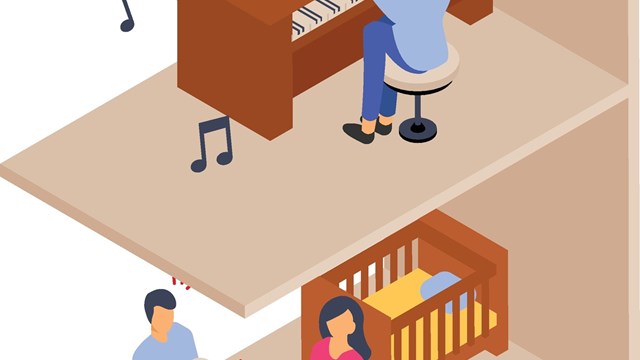Q I am a member on the board of directors of a co-op in Nassau County, New York.
We are experiencing a problem with a shareholder, who we believe regularly
smokes “pot” and also entertains fellow smokers in his apartment. The odor permeates through
a large portion of the building, and the shareholders above have a difficult
time trying to keep the odor out of the their living quarters. Efforts to speak
to this person have fallen on deaf ears. We were told that the police could not
be called because the matter is occurring behind closed doors. Could you
provide us with insight, as to what can be done to combat this problem without
putting us into a position which could possibly lead to a lawsuit?
—Dutiful Director
A “There are several things the shareholders can do to try to stop the pot smoking,” advises attorney Richard T. Walsh, a senior associate with the Horing Welikson & Rosen P.C. law firm in Williston Park, New York. “The police should be called so you can make sure there really is pot smoking
going on in the apartment. If the police believe there is pot smoking going on, they can start an
investigation and take appropriate action. If the police find that there are sufficient quantities of pot on the premises,
so that something more than a violation is found to exist and felony arrests
are made, the cooperative would then have the right to evict the shareholder
for using the apartment for illegal purposes. If you are uncomfortable about getting the police involved, you should remember
that most house rules and proprietary leases prohibit shareholders and
residents and their guests from creating a nuisance, annoying odors, and other
behavior that interferes with the safety and comfort of other shareholders and
residents. The board should investigate the complaints, determine if they are
valid, and serve an appropriate notice to cure (and proceed accordingly if
there is no cure). The board can also amend the house rules to prohibit any
smoking in the building as a nuisance and health hazard.
“The shareholders most affected by the pot smoke can also bring an action for nuisance. Whatever the shareholders decide to do, the board of directors must be kept informed and be involved. If all else fails, the shareholders can vote to terminate the proprietary lease of the offending shareholder for uncooperative behavior (behavior not conducive to the cooperative), sometimes referred to as a Pullman termination (named after the court cases upholding a shareholders’ vote to terminate another shareholder‘s lease).”







Comments
Leave a Comment